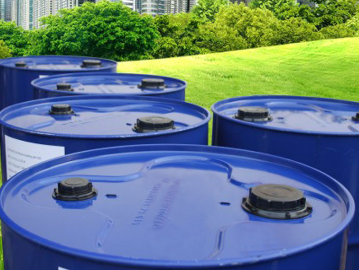Silicone rubber is a versatile material that finds a wide range of applications due to its unique combination of properties. Here are some key characteristics that make silicone rubber an ideal material for various uses:
1. Temperature resistance: Silicone rubber can withstand extreme temperatures, ranging from as low as -115°C (-175°F) to as high as 230°C (446°F). It retains its flexibility and mechanical properties over a wide temperature range, making it suitable for both hot and cold environments.

2. Chemical resistance: Silicone rubber has excellent resistance to a wide variety of chemicals, including acids, alkalis, solvents, and oils. It can withstand prolonged exposure to these substances without degrading or losing its properties, making it suitable for applications where contact with chemicals is necessary.
3. Electrical insulation: Silicone rubber is an excellent electrical insulator. It has high dielectric strength, low conductivity, and good resistance to tracking and arcing. It is commonly used in electrical and electronic applications such as insulators, gaskets, and seals.
4. Flexibility and elasticity: Silicone rubber is highly flexible and elastic, with the ability to stretch and return to its original shape without deformation. This property makes it suitable for applications where there is a need for repeated or continuous flexing, such as seals and gaskets.
5. UV and ozone resistance: Silicone rubber has good resistance to ultraviolet (UV) radiation and ozone. It does not degrade or become brittle when exposed to sunlight or ozone, making it suitable for outdoor applications where long-term exposure to these elements is expected.
6. Water and weather resistance: Silicone rubber is hydrophobic, meaning it repels water and has good water resistance. It does not absorb water or allow water to pass through, making it ideal for applications requiring water-tight seals or gaskets. It also has excellent weather resistance, maintaining its properties even when exposed to outdoor conditions.
7. Biocompatibility: Silicone rubber is biocompatible and non-toxic, making it suitable for use in medical and healthcare applications. It is commonly used in medical devices, implants, and prosthetics due to its compatibility with human tissues and fluids.
8. Non-stick properties: Silicone rubber has a low surface energy, resulting in non-stick properties. It does not easily adhere to other materials or surfaces, making it suitable for molds, release liners, and other applications where non-stick characteristics are desired.
9. Easy processability: Silicone rubber is easy to process and mold into various shapes and forms. It can be injection molded, extruded, compressed, or heat-cured. This ease of processing allows for the production of complex parts and components with precise dimensions.
10. Durability and longevity: Silicone rubber exhibits excellent durability and has a long service life. It does not degrade or deteriorate over time, even under harsh conditions. This property makes it a cost-effective material, as it reduces the need for frequent replacements or repairs.
In conclusion, silicone rubber's temperature resistance, chemical resistance, electrical insulation, flexibility, UV and ozone resistance, water and weather resistance, biocompatibility, non-stick properties, easy processability, and durability make it an ideal material for various applications in industries such as automotive, aerospace, electrical, medical, and consumer goods.